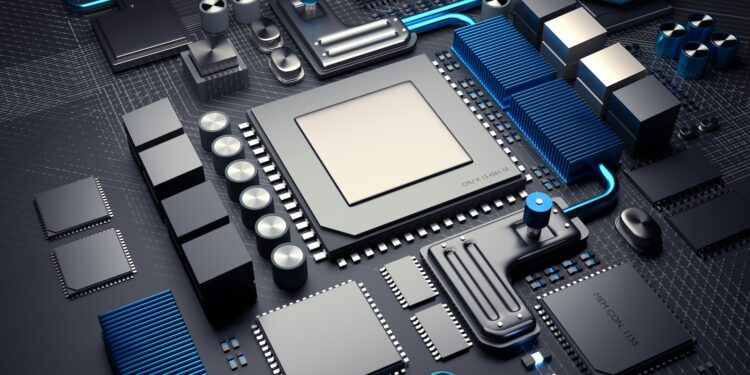The iPhone 18 is expected to bring a major technological innovation: Apple is using the 2nm manufacturing process for its new A20 chip for the first time. The company hopes to further improve the performance and efficiency of iPhones. However, this progress comes at a price. The new technology is complex and expensive, which may have a direct impact on the final price of the iPhone 18.
Apple regularly updates its iPhones with new chips that are faster and more energy-efficient. In 2023, Apple switched to the 3nm process. This transition already brought significant performance improvements. Now it's clear: The next leap – to 2nm – is planned for next year's iPhone 18. The information comes, among others, from Weibo leaker Digital Chat Station, which has good contacts in the Chinese supply chain. Well-known analysts Ming-Chi Kuo and Jeff Pu also confirm these plans. It is now considered certain that Apple will rely on TSMC's new 2nm process.
What does the 2nm process mean for the iPhone 18
"2nm" refers to the size of the transistors in the chip. The smaller the transistors, the more they fit into a single area. This ensures higher speed, lower power consumption, and better heat distribution. The switch from 5nm to 3nm alone resulted in a 20 percent faster GPU, a 10 percent faster CPU, and a twice as fast Neural Engine in the iPhone 15. With 2nm, even more is possible. TSMC, Apple's chip supplier, is currently working on two new factories for 2nm production and plans to obtain approval for a third facility. Construction has already begun, and mass production is scheduled to begin at the end of 2025. Apple will most likely be the first company to gain access to the new technology and use the 2nm process in mass production. What this means for you: The iPhone 18 will likely be the first smartphone with this new chip generation.
More performance, more efficiency – but also more costs
2nm technology brings undeniable advantages to users. The iPhone 18 is expected to be faster and more efficient in all areas, which will be noticeable in app launches, multitasking, and battery life. At the same time, however, this technology also results in higher production costs. TSMC is investing heavily in expanding its manufacturing capacity, which is impacting chip prices. Apple, as the main customer, will most likely pass these costs on to customers. Even the transition to 3nm wasn't cheap. 2nm is likely to be even more expensive – and will be reflected in the final price.
Tariffs as an additional price driver
In addition to the more complex production, another factor could influence the price of the iPhone 18: new US import tariffs. Apple has so far been largely spared from high punitive tariffs, but that appears to be changing. President Donald Trump has announced new tariffs on semiconductor products. He said this week that there will be "no more tariff exemptions." Apple will "just be thrown into a different tariff pot." The existing 20 percent so-called "fentanyl tariffs" are to remain in place, and further tariffs are in the pipeline. If these measures are implemented, Apple would have to bear additional costs on the US market – which could influence pricing. Initial price increases due to tariffs are already being discussed for the iPhone 17. The iPhone 18 could therefore become even more expensive.
When will the iPhone 18 be released
The iPhone 18 is expected to launch as usual in fall 2026. By then, TSMC is expected to be already in series production of the 2nm chips. Apple is expected to be the first company to use this new technology on a large scale. This makes the iPhone 18 not just an upgrade, but a true technological leap in the smartphone market (via Weibo).
iPhone 18: Progress with a higher price
The iPhone 18 will be a technically powerful device. The new 2nm processor brings significant improvements in performance and energy efficiency. At the same time, the new chip technology is complex and expensive. Combined with potential new US tariffs, this creates a realistic scenario for higher selling prices. So, if you're considering getting the iPhone 18, you should prepare for a more expensive model – but you'll also get the latest technology before other manufacturers can catch up. (Photo by Unsplash+ / Getty Images)
- iPhone 17 Pro: This is what the new unibody design looks like
- Leak: Apple Vision Air will be thinner, lighter and darker
- iPhone Fold: New details about the camera on the outer display





